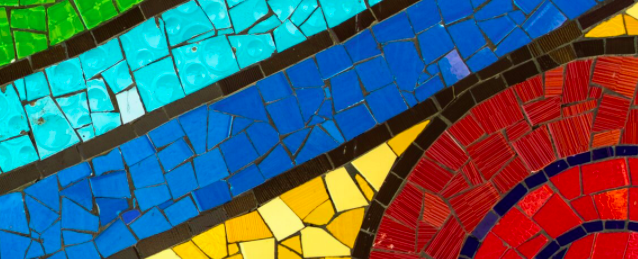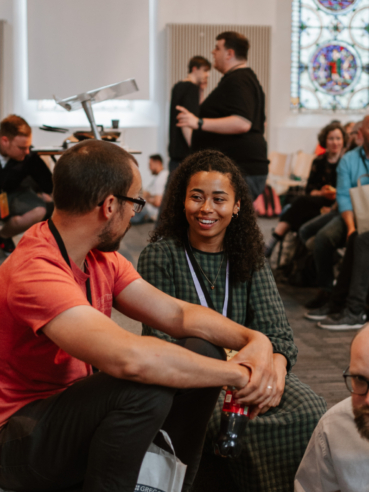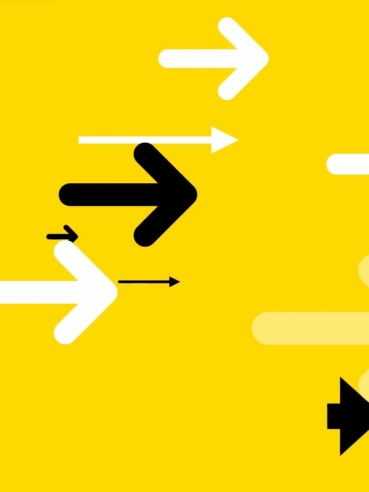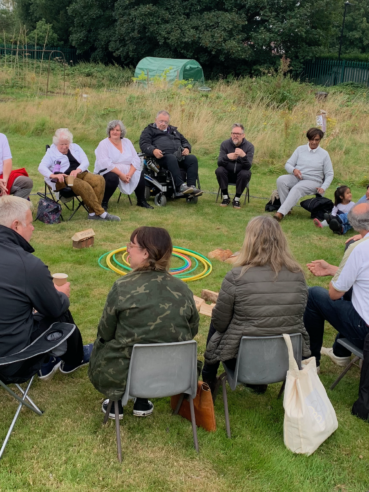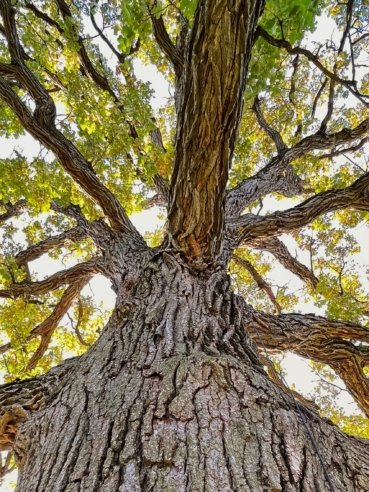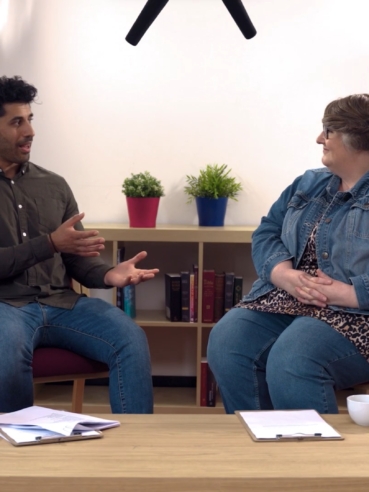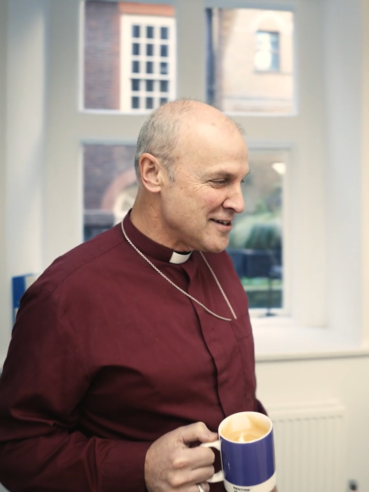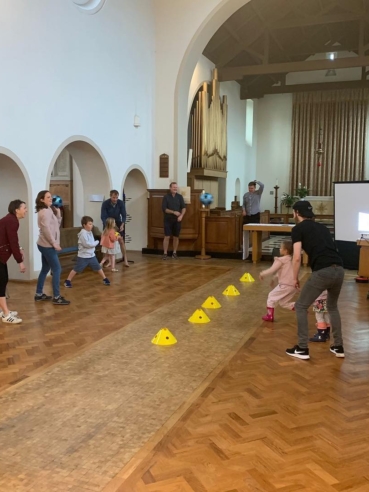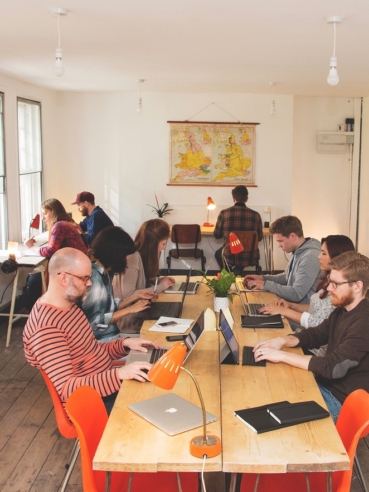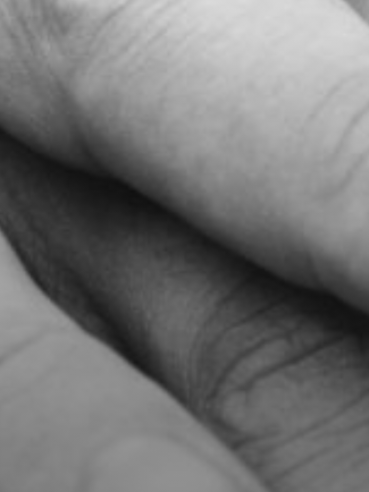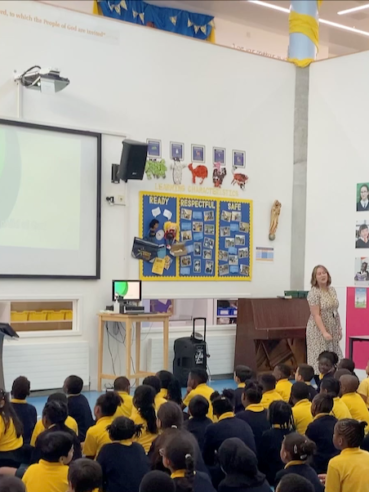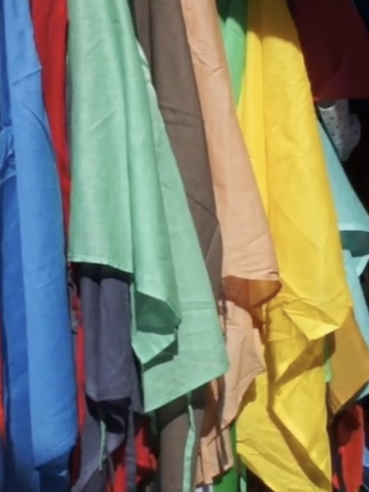What is Mosaic Church?
At Mosaic, we are a group of Christians living in Harrow in North West London who are exploring how we can make church more accessible to the many ethnic backgrounds who live around us. In Harrow, almost 64% of the population are from a black or minority ethnic community and it’s also the most religiously diverse borough in the UK, with a larger than average Jewish, Hindu and Muslim population.
Our vision is to be an intercultural missional community that represents and reaches out to people of all nations. We want to celebrate unity and cultural diversity, reflecting something of the beautiful vision of heaven in Revelation which describes ‘a great multitude that no one could count, from every nation, tribe, people and language, standing before the throne and before the Lamb’ (Rev 7:9).
We are based at St Paul’s Church in South Harrow and are part of One Church Harrow. Currently, we meet once a month online as well as holding some weekly midweek gatherings. Our services are in English but we always seek to have representation, affirmation and celebration of other cultures and languages. I am a bi-vocational church planter, also working as a GP. Since January 2021, I have been working one day a week for Mosaic, together with Jessie Tang who is our worship leader and community coordinator.
Why do you prefer the term ‘intercultural church’, instead of ‘multicultural church’?
We deliberately use the word ‘intercultural’ rather than ‘multicultural’ because it’s possible to live in a multicultural society where cultures coexist alongside each other but still have little meaningful interaction. However, in an intercultural community, values are proactively shared. We enjoy mutual learning and blessing from each other’s cultural insights.
We have chosen the name ‘Mosaic’ because a mosaic is made up of tiles of different colours and shapes that together make something beautiful and special. At Mosaic, we believe that our differences and cultural diversity enhance the specialness of our time together. And we believe each person adds unique richness and beauty to who we are as followers of Jesus. When one tile is missing in a mosaic, we notice it, so we feel that each person brings a distinct contribution to our community.
What are some of your favourite stories so far?
We first met Thas at the Mosaic Christmas service in 2019 as he lived next to St Paul’s Church. Thas is a Tamil speaking Hindu and he soon came to another service where he saw Simon, a white British worship leader, singing a Christian worship song in Hindi. One of our members who is Indian had taught Simon this Hindi song. It blew Thas away to see Simon singing in a different language other than English and honouring a different culture. This cultural respect made a powerful impression on Thas, and he’s now part of Mosaic and came to faith this Christmas.
In December 2019 while some of our team were out on the streets of South Harrow, we also met Anna, a first generation Iranian who didn’t speak much English. She was introduced to Parvaneh, a member of Mosaic who’s also Iranian and speaks her native language, Farsi. Anna started coming to Mosaic and St Paul’s, and she began to find a family here, helping her feel more at home in the UK. Parvaneh would help with translation at church and we helped Anna find an English language cafe. When she was relocated to Hull, she connected with a new church that has an Iranian outreach and she’s become a Christian too.
How do you honour different cultures at Mosaic?
We try to be intentionally intercultural – being proactive is important as it often doesn’t happen by itself. Leadership is one area that we can honour cultural differences. We aim to reflect diversity in ethnicity, gender and age in our leaders; and for it to be visible in our services, especially those from under-represented demographics. Although we are focusing on ethnic diversity in our community, it’s one example of all the different types of diversity – generational, gender, social class and age. These are all equally important in creating a culture of mutual respect and learning.
We also believe that our corporate worship as diverse peoples uniquely hosts something special of God’s presence. There’s lots of things that we don’t know about heaven – whether we’ll be playing football or what food we’ll be eating, but we do know that our ethnicity will exist in heaven and it will be celebrated and honoured, as shown in Revelation.
Can you describe an average service pre-lockdown?
In the services, we have English as the core language, but there is always significant cultural and language representation to confirm our core beliefs that no culture has the best view of God. We are blessed to have two worship leaders who are exploring intercultural worship so we sing in different languages. We might read the Bible in both Farsi and English or use a Kenyan blessing to finish our services. For communion, before Covid-19, we were exploring using communion bread from different cultures and we always ended our services with food together, encouraging people to bring their “heart” food to share for the blessing of others, from samosas and baklava to sausage rolls and biryani.
We often talk about costly hospitality where we use our homes and networks to build cross cultural relationships and bridges for the gospel in friendship evangelism, as we see in the book of Acts. Table fellowship is a core part of our community – who we eat with is important, so pre-lockdown we’d always have food at our leadership meetings too.
How is your community tackling racial injustice particularly in the light of George Floyd’s death?
Mission and justice are part of our culture – such as the plight of the refugee, helping people with work permits or finding affordable housing and access to appropriate healthcare, and serving in food banks. In the aftermath of George Floyd’s death, we felt that we needed to respond specifically so we ran four seminars on race, ethnicity and culture. We discussed the challenge for all of us – there is discrimination and prejudice in all of us as it’s part of our fallen state. We then explored the solution of Jesus’ death on the cross: when the temple curtain was torn, we received free access to God but it also demolished the dividing wall separating the Jews and Gentiles, allowing for reconciliation between different people groups. In the celebration, we explored how we need to tackle injustice while celebrating and honouring each other in our diversity; to create a space that welcomes each individual.
What is your vision for Mosaic Church?
We were part of the CCX Plant Course at the beginning of 2020, which helped to crystallise our identity and how we might grow. Our prayer is that we’d be able to reduce cultural distance for people to find a place of belonging and to find faith in Jesus. We don’t want anyone to feel that they have to leave their cultural background and who God has made them at the church door – we want everyone to know that there is a place at our table for them.
We’d also love to see more communities who have an intercultural ethos. In London, as it is such an ethnically diverse city, every church should be exploring how to value diversity as part of their vision statement. We are hoping to form a resource hub that will seek, in partnership with others, to pioneer and develop more intercultural approaches to church ministry, supporting those who find themselves in similar missional contexts. For example, Jessie is currently involved in intercultural worship training and there are lots of resources being developed in this area, such as Songs2Serve. We’ve also formed a partnership with the Intercultural Church Planting Network in the UK. We’re excited to work with others to help Christians in London and the UK to have a more global perspective and equip them for cross-cultural mission wherever they are.
At Mosaic we have begun a journey together, with many unknowns and uncertainties, but we believe it is an exciting adventure that is worth the cost and commitment. If you would like to find out more about the story of Mosaic and some other intercultural church communities, have a look at this new Grove booklet which has recently been released.
mosaicharrow.org.uk
Interview by Philippa Guy


